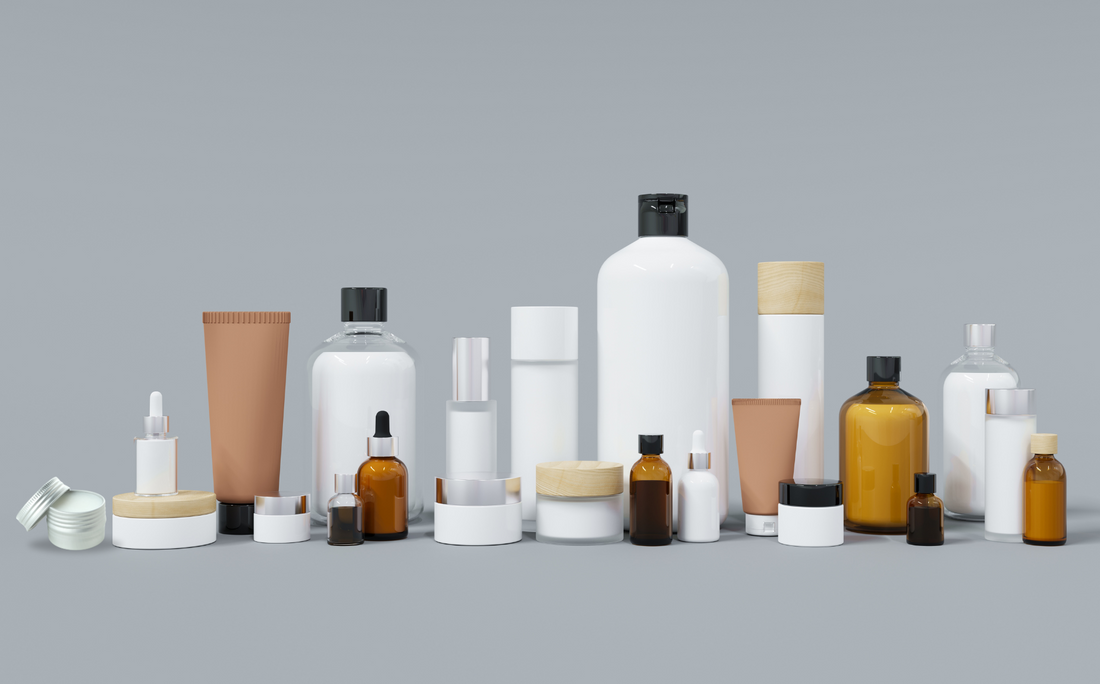At X-ZONE, we are committed to ensuring product quality, customer safety and environmental responsibility. That's why when it comes to packaging choices we have opted towards plastics, as opposed to aluminium and glass. Here's why:
-
Prioritizing Customer Health: Our pain relief and muscle performance products contain high potency natural ingredients designed to alleviate physical discomfort and promote well-being. While definitive evidence linking aluminium leaching to adverse health effects is unclear, we believe in erring on the side of caution. Aluminium has the potential to leach into products, especially when combined with higher temperatures and/or acidity, which could pose potential health risks. Therefore, we choose to eliminate this potential risk altogether. See European study data below *
-
Opting for Inert and Recyclable Plastic: Plastic packaging provides a reliable barrier against external contaminants and maintains the integrity of our products. Additionally, plastic is generally considered to be inert, meaning it does not react chemically with the contents of the container. Furthermore, our plastic packaging is both manufactured and 'consumed' here in New Zealand and is fully recyclable, with our Spray and Joints bottles derived from sustainable sugarcane, therefore reducing environmental impact and aligning with our sustainability goals.
-
Glass Manufacturing Considerations: While glass packaging is another inert option, the reality is that New Zealand does not have a significant glass manufacturing industry, especially in the production of cosmetic pots and jars. Therefore, it's likely that the majority of glass cosmetic pots and jars in New Zealand are imported from overseas. Many cosmetic companies source their packaging from overseas, where they can access a wide range of options and often benefit from cost efficiencies, however the international shipping and transportation has an environmental cost which is often not given due consideration.
In conclusion, our decision to opt for recyclable plastic pots for our pain relief products reflects our dedication to customer safety, product quality, and environmental responsibility. We believe that by making informed choices in packaging, we can better serve our customers and contribute to a healthier planet.
* Following a 2013 Norwegian study revealing that cosmetic products, especially antiperspirants, significantly contribute to systemic aluminium exposure, the Scientific Committee on Consumer Safety (SCCS) assessed the potential health risks. Despite initial challenges in risk assessment due to limited data on dermal penetration, subsequent industry submissions in 2016 led to SCCS declaring aluminium compounds safe at defined concentrations in various cosmetic products. However, recent concerns about aggregate exposure from both cosmetic and non-cosmetic sources have prompted a reevaluation by the SCCS, necessitating an update of use concentrations based on new information from the Aluminium consortium.
References:
- SCCS/1662/23 Preliminary Opinion:
https://health.ec.europa.eu/system/files/2023-12/sccs_o_284.pdf

